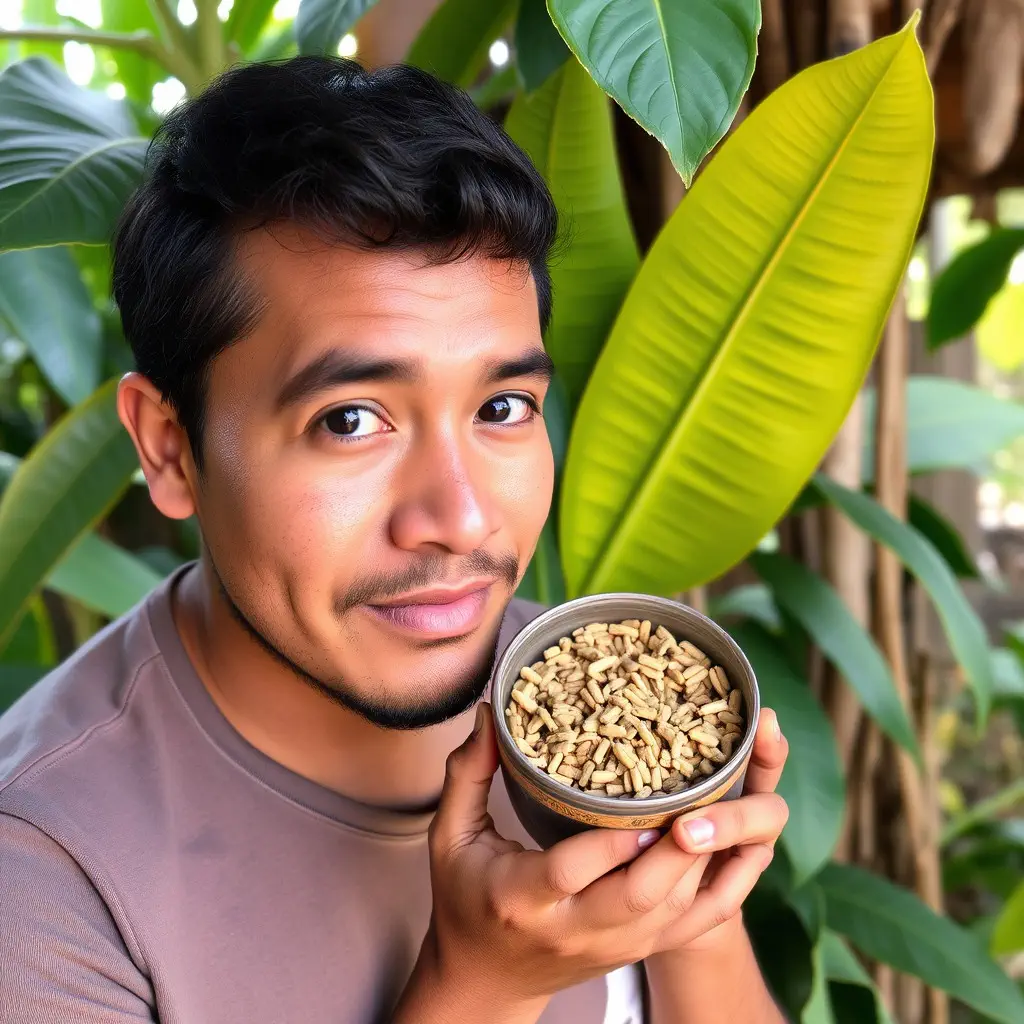Athletic recovery involves physical, mental, and emotional health. Traditional methods struggle with complex challenges like muscle soreness and fatigue. Barberry root tea, historically used medicinally, offers a promising solution. Its active compounds enhance muscle relaxation, reduce inflammation, and improve sleep. Integrating barberry root tea with conventional coaching methods optimizes athletic recovery. Athletes increasingly turn to kratom, including barberry root tea, for anti-inflammatory and analgesic properties to manage muscle soreness. This natural herbal brew supports muscle repair, reduces physiological stress, and prevents energy crashes, ensuring athletes feel refreshed and rejuvenated.
In the quest for optimal athletic performance, efficient recovery is paramount. Understanding and optimizing recovery processes can significantly enhance athletes’ prowess. This article delves into the science behind athletic recovery and its inherent challenges, offering natural solutions like kratom coaching. We explore how this herbal blend aids in post-workout restoration. Furthermore, it introduces barberry root tea as a potent addition to recovery routines, providing antioxidants and anti-inflammatory properties to support muscle repair and overall well-being.
- Understanding Athletic Recovery and Its Challenges
- Exploring Kratom as a Natural Aid for Recovery
- Integrating Barberry Root Tea into Athletic Recovery Routines
Understanding Athletic Recovery and Its Challenges
Athletic recovery involves a complex interplay between physical, mental, and emotional well-being. It’s the process through which athletes return to optimal performance after intense training sessions or competitions. However, navigating this journey isn’t always smooth. Challenges like muscle soreness, fatigue, and mental exhaustion are common, hindering athletes from reaching their full potential. Traditional recovery methods, while helpful, often fall short in addressing these multifaceted issues effectively.
One emerging approach gaining traction is the use of natural remedies like barberry root tea. Historically used for its medicinal properties, barberry root tea has been explored for its potential to enhance recovery. Its active compounds may support muscle relaxation, reduce inflammation, and promote better sleep—all crucial factors in an athlete’s recovery process. By integrating these holistic practices alongside conventional coaching, kratom coaching emerges as a promising strategy to optimize athletic recovery.
Exploring Kratom as a Natural Aid for Recovery
Kratom, derived from the bark of the Mitragyna speciosa tree, has long been used for its potential therapeutic benefits, including aiding in athletic recovery. As athletes seek natural alternatives to enhance their post-workout routines, kratom coaching is gaining traction. This herb contains various alkaloids, such as mitragynine and 7-hydroxymitragynine, which have anti-inflammatory and analgesic properties, making it a promising tool for managing muscle soreness and pain.
One popular form of kratom used for recovery is barberry root tea, known for its rich antioxidant content. Athletes often incorporate this herbal brew into their post-exercise rituals to support muscle repair and reduce the physiological stress associated with intense physical activity. By exploring natural aids like kratom coaching, athletes can potentially enhance their recovery process, ensuring they are ready for their next training session or competition.
Integrating Barberry Root Tea into Athletic Recovery Routines
Barberry root tea has emerged as a valuable addition to athletic recovery routines, offering a natural and effective approach to post-workout rejuvenation. This ancient herb has been used for centuries in traditional medicine, known for its broad range of therapeutic properties. The tea is rich in potent antioxidants that help reduce muscle soreness and inflammation associated with intense physical activity. By providing support to the liver, barberry root also aids in detoxification, ensuring toxins are efficiently eliminated post-exercise.
The calming effect of barberry root tea can aid in relaxation, helping athletes ease into a state of recovery. This is particularly beneficial for those dealing with stress and anxiety related to their training regimens. Moreover, its ability to regulate blood sugar levels can be advantageous for maintaining energy and preventing post-workout crashes, allowing athletes to feel refreshed and rejuvenated throughout their recovery process.
In conclusion, optimizing athletic recovery is essential for athletes aiming to reach their full potential. By understanding the challenges of recovery and exploring natural aids like kratom and barberry root tea, coaches and athletes can develop effective routines. Integrating these strategies into training regimens can significantly enhance performance, reduce downtime, and foster overall well-being. Barberry root tea, in particular, offers anti-inflammatory properties and supports muscle repair, making it a valuable tool for athletes seeking faster and more efficient recovery.






